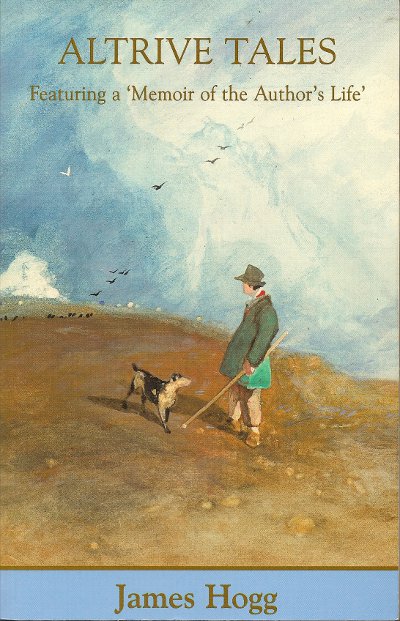This Is Not Le Weekend, Part One: She’S hit and Bill Wells & Aidan Moffat, Tolbooth, Stirling, 29th May
She’S hit [sic] came on not long after the building re-opened. Have you seen their MySpace page? It is full of horribly unappealing Mary Chain / Velvet Underground comparisons (unattributed, Chris pointed out), and instead of citing The Birthday Party as an influence (‘She’s Hit’ is a song from Junkyard), they go for that band’s earlier incarnation The Boys Next Door, presumably to generate a fake sense of insider allegiance in anyone who recognises the name. So I wasn’t looking forward to their set at all, but in the event they were so funny that it didn’t matter that they are paper thin. Featuring a slouching guitarist in a leather jacket with a silver glitter guitar, a singer with hair ‘like A Flock of Seagulls after a thunderstorm’ (© S.) and a stand-up drummer with stand-up hair who had to bend double to reach his drums (which showed off his crucifix chain to advantage), they played what amounted to covers of Beat Happening’s ‘Bad Seed’, JAMC’s ‘You Trip Me Up’ and ‘Sidewalking’, and Depeche Mode’s ‘Personal Jesus’, all stripped of their vocal lines to be replaced with a constipated groan and Bobby Gillespie posing. The smoke machine was turned up to 11 and it wasn’t a great surprise, a few songs in, to hear the fire alarm again and find ourselves directed outside. On resuming, the singer removed his aviator shades to reveal eyes which were wide dark wells, hedged in by product-laden brushed-forward hair which clung to the space where the specs had been. He looked like a baby owl surprised in its nest. The chap standing in front of me sported the stance and hairstyle of a young Stephen Pastel, the whole thing seemed a conspiracy to re-create the fabled Living Room of 1984. But, y’know, time didn’t drag, it was hugely entertaining, and as long as they are not serious about any of this I don’t see the harm.
Bill Wells and Aidan Moffat are serious people, of course, but I wondered how well their different brands of seriousness would sit together. Bill tending so much towards the light, and Aidan towards the shady. They began instrumentally, Aidan brushing a cymbal along to Bill’s spaced out piano chords, and the rich tones of Aby Vulliamy’s viola knitting it all together. Then a shift on piano to a higher register, a broken-off arpeggio figure, repeated, and in came Aidan: ‘You know that I would love it, it would be such a thrill to kiss your lips,’ the word ‘lips’ dying on his, retracted as much as sung. Soon his imaginings have wandered on to the hips and he’s sliding his hand ‘beneath your dress’, wrapt with forbidden sexual tension, held suspended like a moth in front of this old flame by Bill’s sun-lit phrase. But he knows that the prospect is all, and kills the song abruptly with the words: ‘Let’s stop here.’ The song which followed was the most striking of the set: exaggeratedly spooky, hammy chords lending the implication of menace to a story about keeping the house keys when your parents move, sneaking back, being surprised by the new owner’s return, and doubly surprised by her question, ‘Have you had your dinner?’ Again the song leaves you hanging, and given Moffat’s subject matter elsewhere I think you are supposed to infer that some inter-generational sex is in the offing. Or at least that the boy (what age is he?) thinks there is. Both songs have more of a narrative, literal framework than you usually find with Bill’s music, and you wouldn’t want it limited in this way all the time, but still: the pairing does gel, to create moments of musical tension to match the words.
In part two: a virtual repeat of Foolin’ Around #1, with Peter Parker and The Sexual Objects.






